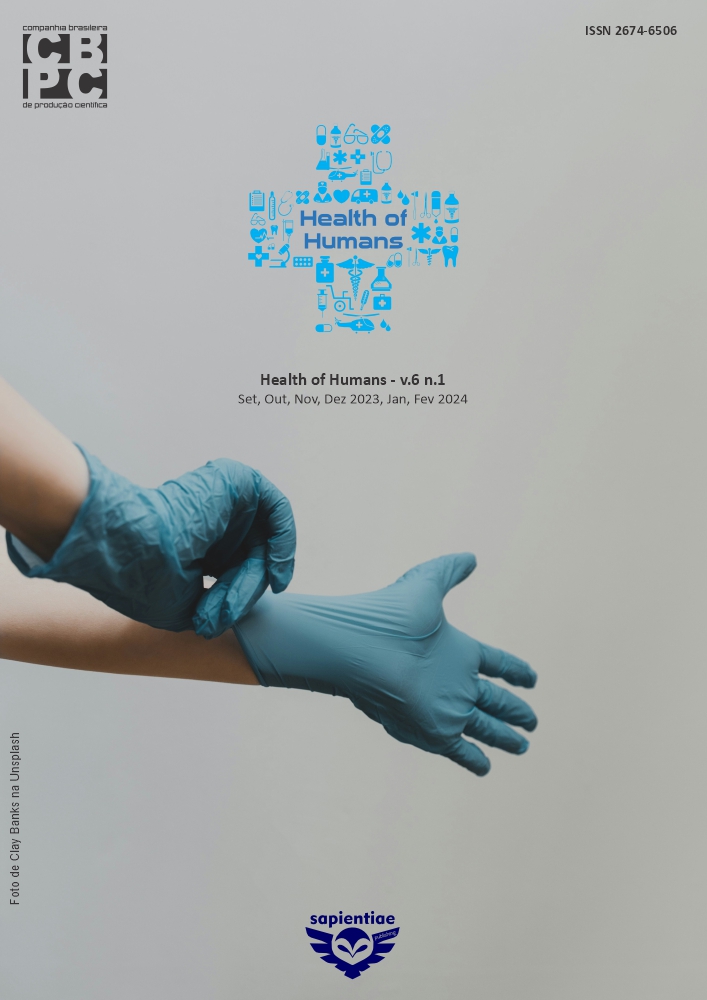Challenges of public health in Brazil: relationship between zoonoses and sanitation
DOI:
https://doi.org/10.6008/SPC2236-9600.2017.001.0003Keywords:
Sanitation, Public Health, ZoonosesAbstract
Health in Brazil began in the colonial period from the nineteenth century, but the Ministry of Health was only built on July 25, 1953 with the law No. 1920. From the 1950s to the end of the last century, investment in basic sanitation in Brazil took place on a few specific periods. The objective of the present work is to generate a discussion about the relationship between the most frequent zoonoses in the country and the sanitation, emphasizing also the preventive measures of emerging and re-emergent diseases in the national territory. Zoonotic diseases are those transmitted from animals to humans, the most known of which are Chagas disease, Rabies, Leishmaniasis, Leptospirosis, Yellow Fever, Dengue and Malaria. Human actions on the environment such as urbanization, livestock and industrialization have provided greater contact between humans, wild and domestic animals, thus facilitating the proliferation of infectious agents. In recent years, there have been episodes of new illnesses as well as the reappearance of diseases dating as eradicated. In the light of all the work done, there were added measures for the improvement and prevention of some zoonoses, the importance of basic sanitation services in the prevention of diseases and actions in the preservation of the environment.
Downloads
Downloads
Published
Issue
Section
License
The CBPC - Companhia Brasileira de Produção Científica (Brazil CNPJ: 11.221.422/0001-03) the material rights of the published works. The rights relate to the publication of the work anywhere in the world, including rights to renewals, expansions and dissemination of the contribution, as well as other subsidiary rights. All electronically published works may subsequently be published in printed collections under the coordination of this company and / or its partners. The authors preserve the copyright, but are not allowed to publish the contribution in another medium, printed or digital, in Portuguese or in translation.








